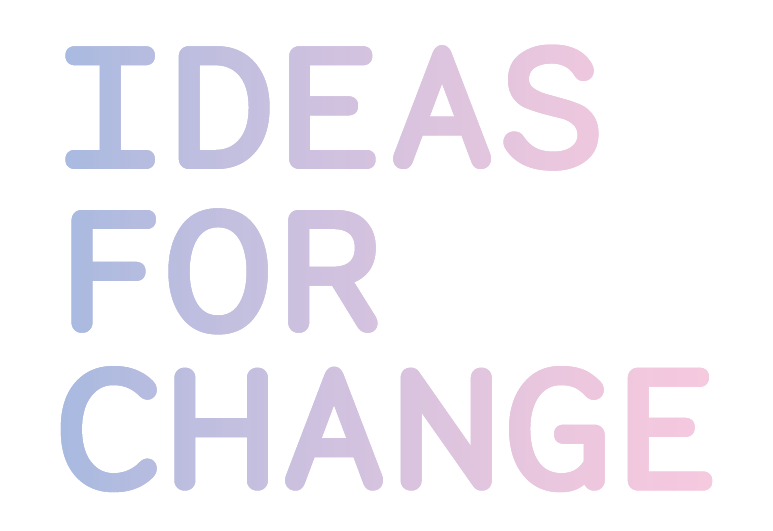We analyse the Citizen Generated Data (CGD) in the project "Catalunya un País de Dades"
By editorial team. (Originally published in Spanish)
Open data in the world of research makes it possible to democratise knowledge and make it accessible to everyone. In this context, citizens play a key role as they are increasingly able to contribute to the development of innovative policies and projects that foster open data collected by communities.
Following this paradigm, Ideas for Change contributed to the elaboration of a map of cases and actors within the Citizen Generated Data (CGD) scenario for the project "Catalunya un País de Dades" promoted by the Secretary of Open Government of the Generalitat de Catalunya. The report includes a mapping of 50 initiatives based on CGD with a focus on the Catalan ecosystem. The contribution has been the design of a model of analysis of these initiatives, i.e. to understand how they are structured and differentiate one project from another. The results and conclusions were presented on 7 March at 11:00 CET in a special session at the Open Data Day organised by the Department of External Action and Open Government and the Department of Research and Universities. However, we are going to highlight some ideas and reflections below.
A dedicated taxonomy for citizen data
In order to classify the GCDs, three general dimensions have been defined: the project or initiative, the data and its purpose.
According to the report, there is a category of the role of the citizen within each initiative, in which they can have a specific action when it comes to collecting data of social, scientific or political interest, that can involve participants in different ways:
Participate / contribute to the project: Data is used for specific purposes.
Design: At this level, in addition to participating and contributing, citizens can be responsible for the design/co-design of different aspects of the project such as research questions and the development of the technologies to be used throughout the study.
Governance: This is the highest level of responsibility where initiatives can be led by citizens.
On the other hand, the data dimension is also divided into three categories according to how it is generated:
Access: Data is generated by other tools and devices used by citizens. This would be the case of environmental sensors that collect data from our environment and individual sensors that need the citizen's permission to collect their own information (everyday digital devices).
Production: The data is produced by the citizens themselves who participate in the project so a greater commitment on their part is necessary. It can be documentary observations (photos, videos...), surveys or physical samples (examples like CitieS-Health or Vigilantes del Aire).
Other: Varied examples to collect data such as through gaming algorithms.
Regarding the purpose of these DGCs, some initiatives aim to contribute to the development of new public policies, others aim to achieve scientific discoveries to better understand a given topic and some want to raise awareness on issues of interest that affect the environment and society.
The data revolution is a citizen revolution
The analysis shows how the CGDs can be harnessed to better understand a particular issue and generate value and rigour at the technological, social, cultural and political levels.
But to do so, it is essential to strengthen the link between citizen communities and government entities and to rethink current technological structures to increase the usability of the DGCs, enhance the right of citizens to donate their data, and design appropriate and innovative social infrastructures such as data cooperatives. With these premises, the report serves as a roadmap to continue driving the citizen data revolution.
Keep reading:
Did you like this article?
Receive more content like this in your inbox!












